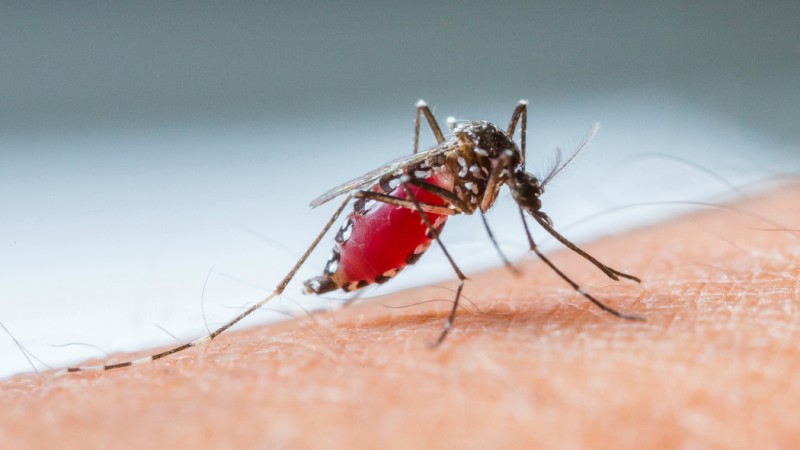
In the realm of global health, a recent study has unearthed a disconcerting flaw in the diagnosis of malaria, shedding light on the potential ramifications for affected regions. This article delves into the findings of this study, examining the implications for malaria detection and healthcare strategies.
Unveiling the Study's Insights
The study in question, conducted by a team of researchers from renowned institutions, delved into the accuracy of malaria diagnosis methods currently employed. With malaria being a significant health concern in many parts of the world, including regions with limited medical resources, the reliability of diagnostic procedures holds paramount importance.
The Current Diagnostic Landscape
Existing malaria diagnostic methods primarily revolve around microscopic examination of blood samples. This traditional approach, while serving as the cornerstone for diagnosis, has encountered challenges in terms of accuracy and efficiency. The study sought to identify the extent of this issue and propose potential solutions.
Identifying Diagnostic Deficiencies
The research unearthed alarming deficiencies in the current diagnostic practices, revealing instances where the identification of malaria parasites was prone to errors. False negatives and false positives emerged as persistent problems, contributing to misdiagnoses and subsequently inadequate treatment. This deficiency poses a serious threat to the health of individuals and communities.
Unraveling the Underlying Causes
The study's in-depth analysis indicated that various factors contribute to the diagnostic inaccuracies. These include the proficiency of laboratory technicians, the sensitivity of microscopes, and the stage of the malaria parasite's life cycle during diagnosis. Additionally, the variability in human interpretation of microscopic images further compounds the problem.
Implications for Healthcare Strategies
The concerning diagnostic inaccuracies have far-reaching implications for healthcare strategies aimed at combating malaria. Inaccurate diagnoses lead to inappropriate treatments, contributing to the development of drug-resistant strains of the malaria parasite. This not only jeopardizes the well-being of affected individuals but also hampers broader efforts to control and eradicate the disease.
A Call for Enhanced Training and Technology
Addressing the diagnostic deficiencies requires a multifaceted approach. Enhancing the training of laboratory technicians in accurate parasite identification is imperative. Moreover, investing in advanced diagnostic technologies, such as automated imaging systems, could significantly improve accuracy and reduce human error.
A Glimpse of Hope
While the study uncovers concerning diagnostic defects, it also offers a glimpse of hope. By acknowledging and rectifying the current challenges, healthcare systems and global health organizations can work together to enhance malaria diagnosis accuracy and subsequently improve treatment outcomes.
The study's revelations about the concerning malaria diagnosis defect serve as a clarion call for action. The global health community must rally together to address these deficiencies and pave the way for more accurate and reliable malaria diagnosis. Through enhanced training, technological advancements, and collaborative efforts, we can strive towards a world where accurate malaria diagnosis is the norm, ensuring better health outcomes for millions.
Dispelling the widespread misconceptions about STIs
How is the leg numbness brought on by spinal stenosis treated?